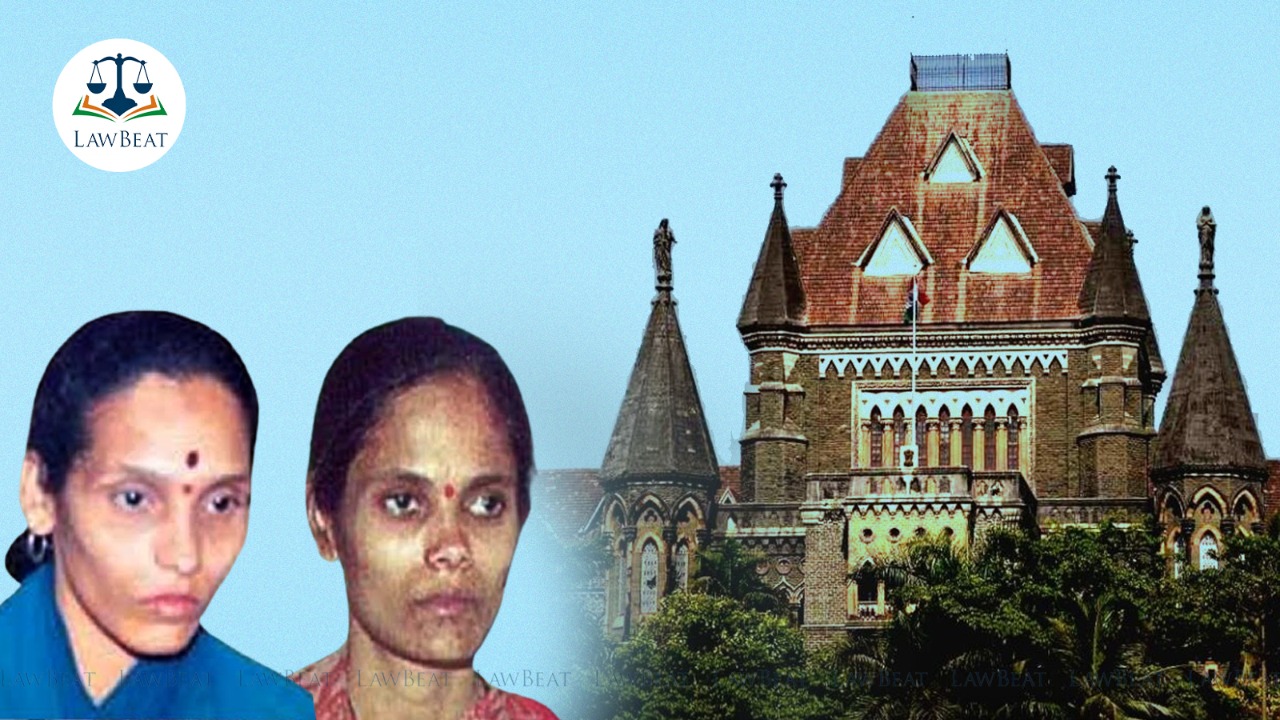Bombay High Court commutes death sentence of two sisters convicted in 1990 for killing children to life imprisonment

The Bombay High Court has commuted death sentence to life imprisonment in the review mercy petition filed by two sisters (Renuka Shinde & Seema Gavit) who were awarded death sentence in 2001 for kidnapping 13 children and killing nine of them between 1990 and October 1996.
The main prayer of the Petitioners was that due to the delay in disposal of the mercy petitions, the Constitutional right of the Petitioners of Article 21 of the Constitution of India was infringed, and the death sentence must be commuted to that of life imprisonment.
A division bench of Justices Nitin Jamdar and Sarang Kotwal has however refused to release them forthwith, as prayed by them since they have already spent 25 years behind bars, observing that the “crime committed by them is heinous” and “the brutality with which the children were murdered is beyond words to condemn”.
The Bench has clarified that their life imprisonment will be for the remainder of their lives.
While commuting the life sentence, the HC has rapped the state government for the delay on its part in sending their mercy petition to the President of India, who had subsequently rejected the same.
The Bench stated that, “the position of law that an unexplained delay in disposal of mercy petitions may result in commuting the death sentence was already holding the field when mercy petitions by the petitioners were made.”
“Despite this legal position only due to the causal approach of the officers of the respondent state the mercy petitions were not decided for 7 years, 10 months and 15 days,” said the judges.
While dealing with the issue of officers of the State responsible in the delay, the Bench stated that,
“There was laxity on the part of the state officers this is unacceptable. Especially when the electronic modes were available. Dereliction of duty of the officers of the state is responsible.”
The Bench even opined that the delay was unjust and it failed the victims.
“This (delay) is not only a violation of constitutional rights of the convicts but also failed the innocent victims.”
The Bench also cited the Supreme Court order, which while upholding their death sentence, said that their plea was being dismissed as “they are a menace to the society”.
“Therefore, if and when the issue of remission of the Petitioners sentence arises for consideration, we have no doubt that the Competent Authority will consider the gravity of the offences, the adverse observations of this Court and the Supreme Court that the Petitioners are beyond being reformed,” the Bench left it to the State government to decide on remission of the sentence (early release of prisoner after spending few years in jail)’
The Bench while reducing their death sentence to life imprisonment, has cancelled and set aside the warrant for the execution of their death sentence.
Previously, the Bombay High Court had reserved order in the review mercy petition. The sisters, Renuka Shinde and Seema Gavit, had approached the High Court with a review petition that sought reducing their death sentence to life imprisonment as there has been “inordinate delay” in the execution of their death sentence.
Background-
The two sisters from Kolhapur were booked in 1996 for abducting and killing children. The prosecution said they kidnapped the children for earning their living by making the children beg. Those who refused were killed mercilessly by the accused.
They were assisted in the crime by their mother Anjana Gavit and Renuka's husband Kiran Shinde. Anjana died in custody while Kiran turned an approver. They used to force children to beg, commit petty thefts and pick-pocketing. The children were starved, to force them to commit crimes. After having sufficiently used the children in crime, they banged their head against walls and killed them.
In 2001, the session’s court at Kolhapur awarded death sentence which was upheld by the HC and Supreme Court in 2004 and 2006 respectively.
On August 14, 2014, the President of India rejected their mercy petition against the death sentence
Aggrieved, by the delay, the sisters had approached the High Court. The petition claimed that the delay of eight years in deciding on the mercy petition was in “flagrant violation of Articles 21 and 14 (of the Constitution) and was “unfair, cruel, excessive, unexplained and arbitrary.” It said the delay had caused “immense mental torture, emotional and physical agony to the petitioners.”
[Case Title - Renuka Shinde & Anr. v. State of Maharashtra & Ors.]
